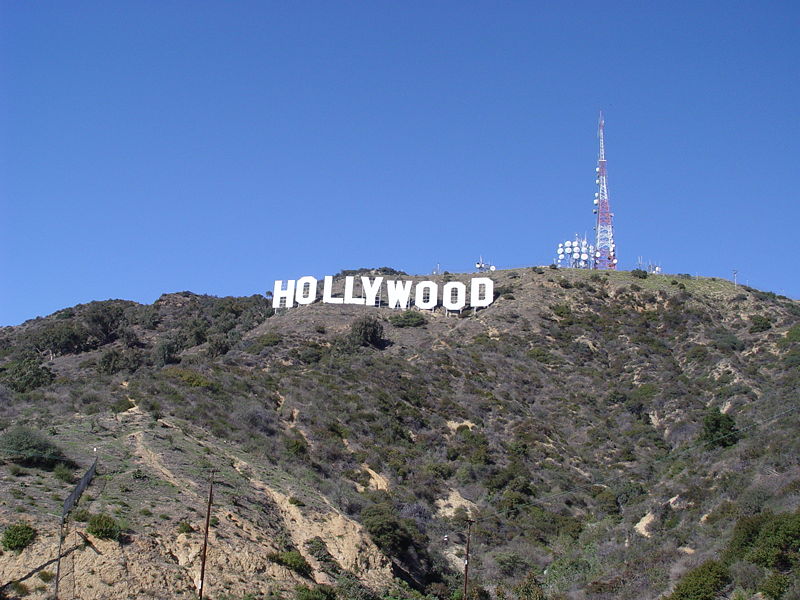
Negotiators for Hollywood's actors union have unanimously recommended a strike following failed talks with studios. This sets the stage for performers to join the writers on picket lines,
potentially starting as early as Thursday. The strike would disrupt numerous shows and movies across the United States.
The SAG-AFTRA union, representing 160,000 members, and the Writers Guild of America (WGA) are demanding increases in base pay and residuals in the streaming TV era. They also seek assurances that their work will not be replaced by artificial intelligence (AI).
Fran Drescher, former star of "The Nanny" and president of SAG-AFTRA, expressed her disappointment in studios' responses, deeming them "insulting and disrespectful." She stated that the companies have not engaged in meaningful negotiations, leading to the inability to reach a deal.
The Alliance of Motion Picture and Television Producers (AMPTP), negotiating on behalf of major companies such as Netflix and Disney, expressed deep disappointment in SAG-AFTRA's decision to walk away from negotiations. The AMPTP claimed to have offered historic pay and residual increases, along with a groundbreaking AI proposal to protect actors' digital likenesses.
The strike by approximately 11,500 writers has already caused disruptions in the television industry, leading to reruns of late-night talk shows and production halts. If SAG-AFTRA joins the strike, it would further impact remaining U.S.-based productions and increase pressure on media companies to find a resolution.
This would mark the first time since 1960 that Hollywood faces simultaneous strikes by writers and actors. The unions are currently clashing over base pay and residuals related to streaming services.
The economic impact of the writers' strike has been significant, affecting various businesses related to Hollywood production. If actors proceed with their strike, the economic damage is expected to spread further.
While streaming services have invested heavily in programming, many have yet to turn a profit. Companies like Disney, NBCUniversal, and Paramount Global have reported substantial losses in their streaming divisions. Moreover, traditional television ad revenue has been declining as online video gains popularity, resulting in shrinking TV audiences.
The current labor tensions have led broadcast networks to rely heavily on reality shows for their fall schedules, as these are not affected by the strikes. Independent productions not covered by union contracts can also continue unaffected. Photo by Sten Rüdrich, Wikimedia commons.











































